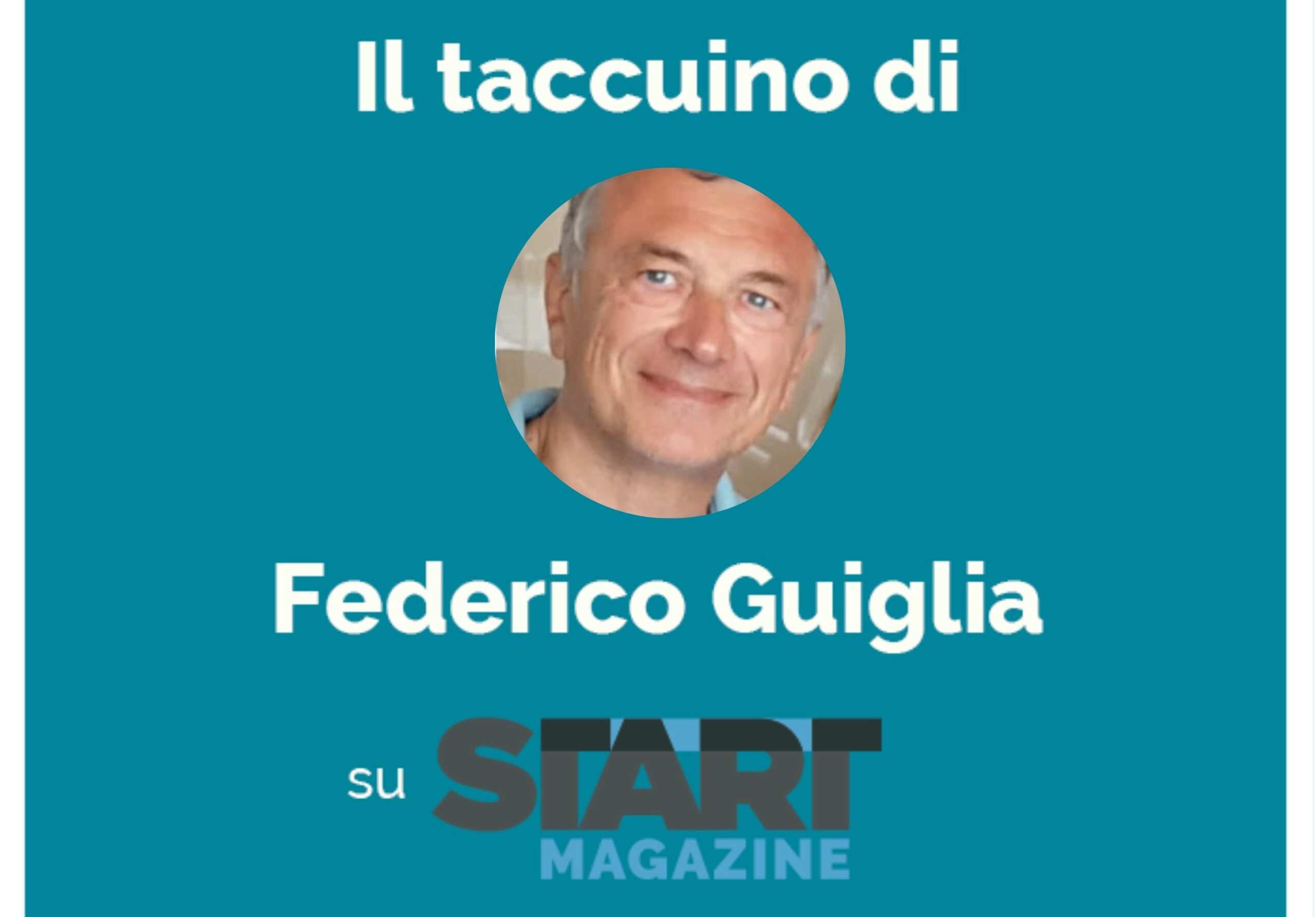The Charge of Merit

Merit is the most democratic value that a society can contemplate. Federico Guiglia's notebook
Before becoming the world's most acclaimed soprano, Anna Netrebko was a cleaner at the Mariinsky Theater in St. Petersburg. Before being considered one of the best Italian tennis players of all time, Adriano Panatta was only "the son of Ascenzio", the father-keeper of the Parioli Club in Rome: "Ascenzietto", they called that young man from a humble family.
On the other hand, the universal Carla Fracci had a tram driver father and a worker mother, who was the first dancer at the Scala in Milan and was applauded everywhere.
Life overflows with examples of girls and boys who have been able to excel despite modest origins, economic or family difficulties, birth or training in the most forgotten places on Earth.
And yet, what has allowed Netrebko, Panatta, Carla Fracci and the many less famous, but very good that each of us knows to emerge, is that at a certain moment in their career someone recognized their talent. The "merit" was discovered and rewarded.
MERIT, A DEMOCRATIC VALUE
Merit is the most democratic value that a society can contemplate, because it allows the caretaker's son and the tram driver's daughter to be able to establish themselves on an equal footing – indeed, with an edge – compared to the luckiest sons of fathers or wealthy families . Or listless or less interested in making their talent count, given that every person on the planet has at least one. Recognizing merit is the fairest and most transparent exercise of equality, because it allows anyone to fly "without distinction of sex, race, language, religion, political opinions, personal and social conditions", as stated in the beautiful article 3 of our Constitution.
Therefore, the historic Pietro Scalcerle Institute of Higher Education (founded in 1869 thanks to the legacy of the Garibaldian fighter to whom it is named) did well in Padua in recognizing a diploma of merit and a bonus of 100 euros, albeit symbolic, for students with of 9.
But the school director, Giuseppe Sozzo, did even better in defending this choice from the chorus of political, union or school controversies with a clear and old ideological flavor.
As if encouraging students to study hard was a sneaky way of forgetting "those who stay behind" – this is the claim – or as if public schools had to erase the natural desire to do well that has existed since the dawn of time in every area of life, from work to sport.
Recognizing merit is the greatest antidote against recommendations and is an incentive for everyone to do better and more. The sixty-eight practice of the "political 6" has left nothing but rubble. And then almost sixty years have passed: the world has changed.
) Published in L'Arena di Verona, Il Giornale di Vicenza and Bresciaoggi)
www.federicoguiglia.com
This is a machine translation from Italian language of a post published on Start Magazine at the URL https://www.startmag.it/mondo/merito-valore-democrazia/ on Sat, 15 Apr 2023 07:13:34 +0000.
